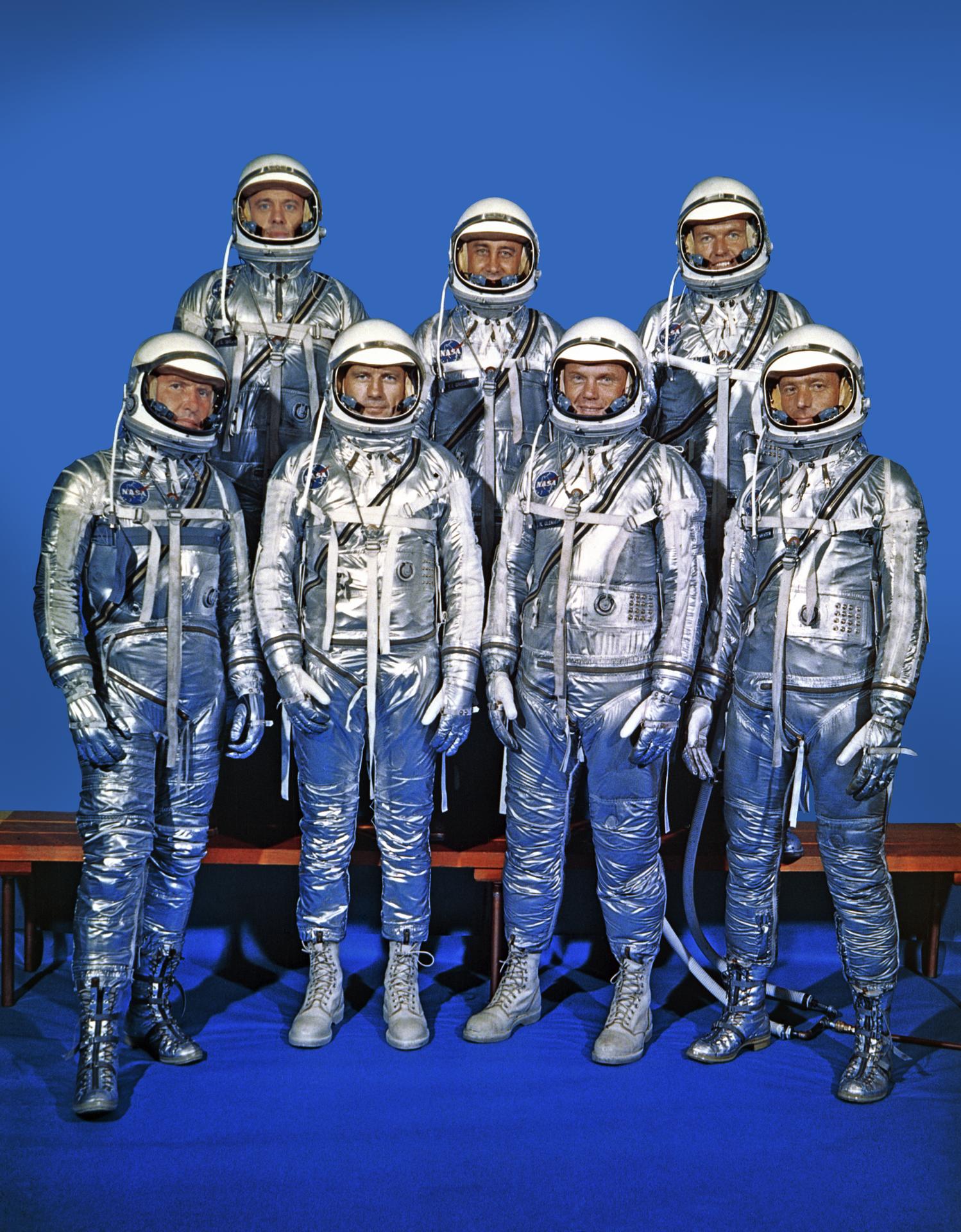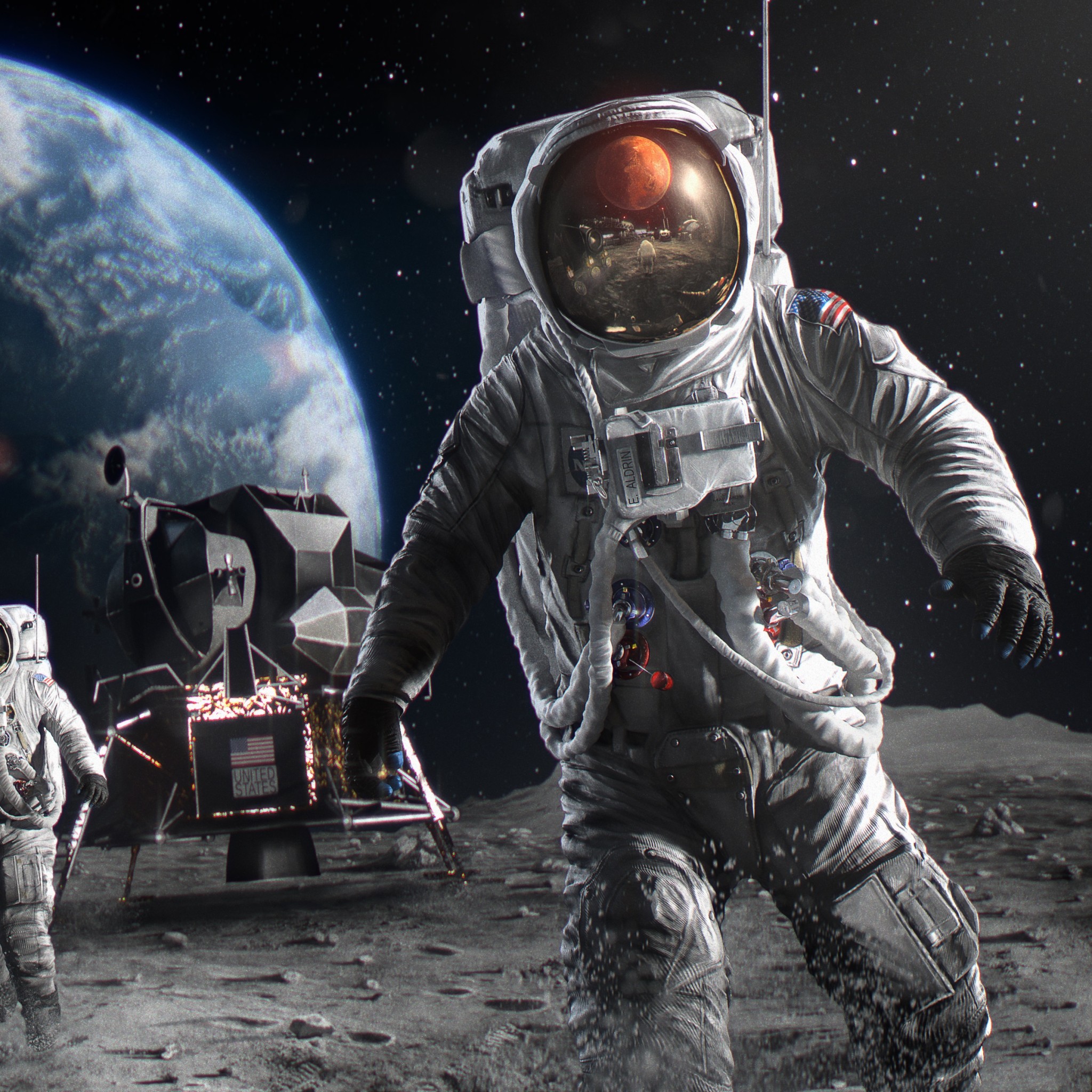Space has always been humanity's ultimate frontier and astronauts are the fearless souls who dare to venture into the great unknown. Imagine floating weightless in the vast darkness, staring at Earth from hundreds of miles away. It's not just a job; it's a calling that requires immense courage, skill, and dedication. Astronauts are the modern-day pioneers who push the boundaries of human exploration and discovery.
Ever since Yuri Gagarin became the first human to journey into outer space in 1961, astronauts have captured our imagination. They represent the best of human ingenuity and determination, proving that we can achieve the seemingly impossible. But what exactly does it take to become one of these space travelers? And what do they actually do up there?
Whether you're fascinated by the science behind space missions or simply inspired by human resilience, understanding the world of astronauts opens up a whole new universe of possibilities. So buckle up, because we're about to take you on a journey through the incredible lives of these cosmic cowboys!
The Fascinating Journey to Becoming an Astronaut
So, you wanna be an astronaut? It's not as easy as signing up for a summer camp. The journey to becoming one of these space pioneers is intense, challenging, and full of obstacles that would make most people rethink their career choices. But hey, if it were easy, everyone would be doing it, right?
First things first, education is key. Most astronauts have advanced degrees in fields like engineering, physics, or biology. We're talking Ph.D.s and master's degrees here, folks. It's not just about knowing your ABCs; it's about mastering the complex equations that govern the universe. And let's not forget the physical requirements. Astronauts need to be in top shape, both mentally and physically. Picture yourself enduring G-forces that would make even the strongest roller coaster seem like a kiddie ride.
Key Qualifications for Aspiring Astronauts
Let's break it down into some bullet points:
- Advanced degree in a STEM field (Science, Technology, Engineering, or Mathematics).
- At least three years of professional experience or 1,000 hours of pilot-in-command time on a jet aircraft.
- Pass a demanding physical exam that includes vision and blood pressure requirements.
- Be prepared to undergo rigorous psychological testing to ensure you can handle the isolation and stress of space travel.
And that's just the beginning. Once you've met the basic qualifications, you'll face fierce competition. NASA receives thousands of applications for each astronaut class, and only a handful are chosen. But hey, if you've got the right stuff, why not give it a shot?
The Day-to-Day Life of an Astronaut
So, you've made it through the grueling selection process. Congratulations! Now what? Well, life as an astronaut is anything but ordinary. Every day is packed with experiments, maintenance tasks, and, of course, floating around in zero gravity. It's like living in a high-tech laboratory, but with a view that's out of this world.
On the International Space Station (ISS), astronauts typically work 10-hour shifts, with two-hour exercise sessions to maintain muscle mass and bone density. Yes, even in space, you've gotta hit the gym. And when they're not working, they get to enjoy some downtime, which might include snapping photos of Earth or catching up on their favorite TV shows. Who says you can't binge-watch in orbit?
Challenges Faced by Astronauts in Space
Living in space isn't all fun and games. Astronauts face unique challenges that test their resilience and adaptability. Here are a few:
- Microgravity Effects: Prolonged exposure to weightlessness can lead to muscle atrophy and bone loss, so staying active is crucial.
- Isolation: Being away from family and friends for months at a time can take a toll on mental health.
- Radiation Exposure: Without Earth's protective atmosphere, astronauts are exposed to higher levels of cosmic radiation, increasing their risk of cancer and other health issues.
Despite these challenges, astronauts continue to push forward, driven by their passion for exploration and discovery. They truly are the ultimate team players, working together to achieve the impossible.
Historical Milestones in Astronaut Exploration
Let's take a trip down memory lane and revisit some of the most iconic moments in the history of astronaut exploration. These milestones remind us just how far we've come in our quest to understand the universe.
In 1961, Yuri Gagarin became the first human to orbit Earth, paving the way for future missions. A few years later, Neil Armstrong and Buzz Aldrin made history by walking on the moon during the Apollo 11 mission. And let's not forget Sally Ride, who in 1983 became the first American woman in space. Each of these pioneers left an indelible mark on the annals of space exploration.
Modern-Day Achievements
Fast forward to today, and the achievements continue. In 2020, SpaceX launched its first crewed mission, marking a new era of commercial space travel. Astronauts are now spending longer durations in space, conducting groundbreaking research that could one day lead to human colonization of other planets. The possibilities are truly endless.
What Do Astronauts Actually Do in Space?
Okay, so you know they float around and look at Earth, but what else do astronauts do up there? A lot, actually. Their missions are packed with scientific experiments, maintenance tasks, and even spacewalks. It's like running a high-tech lab, but with the added challenge of doing it all while floating.
One of their primary responsibilities is conducting experiments that help us understand the effects of microgravity on various biological and physical processes. From growing plants to studying the behavior of fluids, these experiments provide valuable insights that can benefit life on Earth. And when things go wrong, like a malfunctioning piece of equipment, astronauts have to roll up their sleeves and fix it themselves. Talk about hands-on learning!
Spacewalks: The Ultimate Adventure
Now, let's talk about spacewalks. These extravehicular activities (EVAs) are some of the most thrilling and dangerous parts of an astronaut's job. Imagine floating outside the ISS, tethered only by a thin cable, as you repair a critical component. It's not for the faint of heart, but it's also one of the most rewarding experiences an astronaut can have. Plus, the view is unbeatable.
Training: The Ultimate Preparation
Before they ever set foot in space, astronauts undergo extensive training to prepare them for the challenges they'll face. This includes everything from learning how to operate complex machinery to practicing emergency procedures. It's like going to school, but with a much higher stakes.
One of the most famous training facilities is NASA's Neutral Buoyancy Laboratory, where astronauts practice spacewalks in a giant pool. It's like scuba diving, but with a spacesuit. And let's not forget the T-38 jet trainers, which help astronauts develop the piloting skills they'll need in space. It's not just about flying; it's about learning to think and react quickly in high-pressure situations.
Simulating Space Conditions
To truly prepare for the rigors of space travel, astronauts must experience conditions that mimic the real thing. This includes exposure to extreme temperatures, simulated zero gravity, and even isolation chambers to test their mental fortitude. It's not just about physical endurance; it's about developing the mental resilience needed to handle the unknown.
Health and Safety in Space
Living and working in space presents unique health and safety challenges that require constant vigilance. Astronauts must take extra precautions to ensure their well-being, from monitoring their diet to maintaining strict exercise regimens. It's not just about staying fit; it's about preserving their long-term health.
One of the biggest concerns is radiation exposure. Without Earth's protective atmosphere, astronauts are at higher risk of developing cancer and other health issues. That's why they wear specially designed suits and work in shielded areas whenever possible. And let's not forget the importance of mental health. Being away from loved ones for extended periods can be isolating, so astronauts often participate in regular counseling sessions to help them cope.
Advancements in Space Medicine
Thanks to advancements in space medicine, astronauts can now monitor their health in real-time using cutting-edge technology. From portable ultrasound machines to wearable sensors, these tools allow them to detect potential issues before they become serious problems. It's like having a doctor on board, but without the long wait times.
Looking to the Future
As we look ahead, the future of astronaut exploration is brighter than ever. With plans for crewed missions to Mars and beyond, the possibilities are truly limitless. Imagine humans setting foot on the red planet, conducting experiments, and even establishing permanent settlements. It's the stuff of science fiction, but with modern technology, it's becoming a reality.
And it's not just about exploring new worlds. The research conducted by astronauts has the potential to revolutionize life on Earth, from developing new materials to improving medical treatments. The benefits of space exploration extend far beyond the boundaries of our planet.
Challenges and Opportunities
Of course, there are challenges to overcome. From developing sustainable life-support systems to ensuring the safety of astronauts on long-duration missions, there's still much work to be done. But with each new discovery, we move one step closer to realizing our dreams of becoming a multi-planetary species.
Conclusion: The Final Frontier Awaits
As we've journeyed through the incredible world of astronauts, one thing becomes clear: these brave explorers are the pioneers of our time. They embody the spirit of discovery and the relentless pursuit of knowledge. Whether it's conducting groundbreaking experiments or simply gazing at Earth from afar, astronauts remind us of our place in the universe and inspire us to reach for the stars.
So, the next time you look up at the night sky, take a moment to think about the incredible men and women who are out there, exploring the unknown. And if you're feeling adventurous, why not consider a career in space exploration yourself? Who knows? Maybe one day, you'll be the one floating among the stars.
Don't forget to share this article with your friends and leave a comment below. Let's keep the conversation going and continue to dream big about the future of space exploration!
Table of Contents


